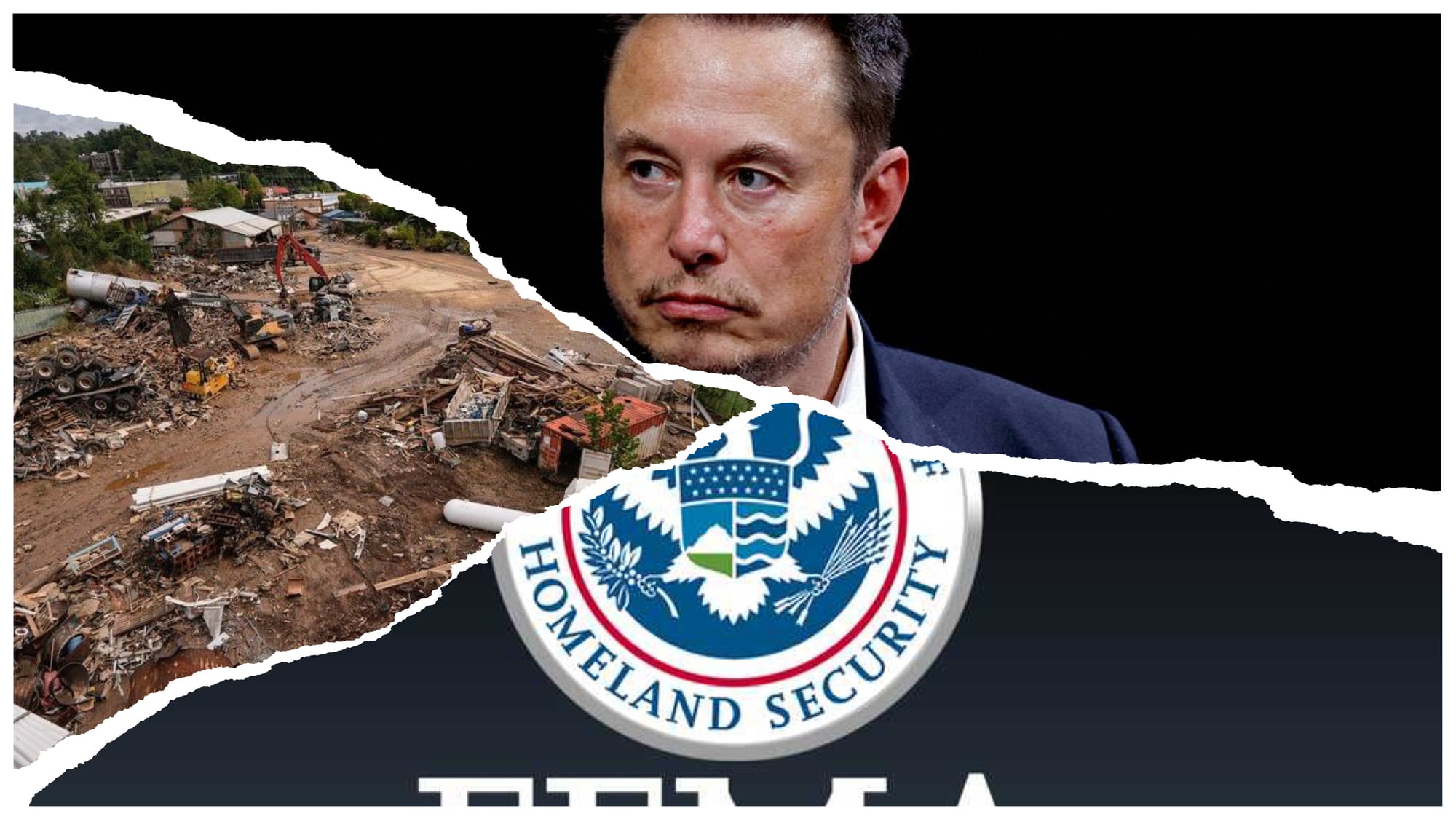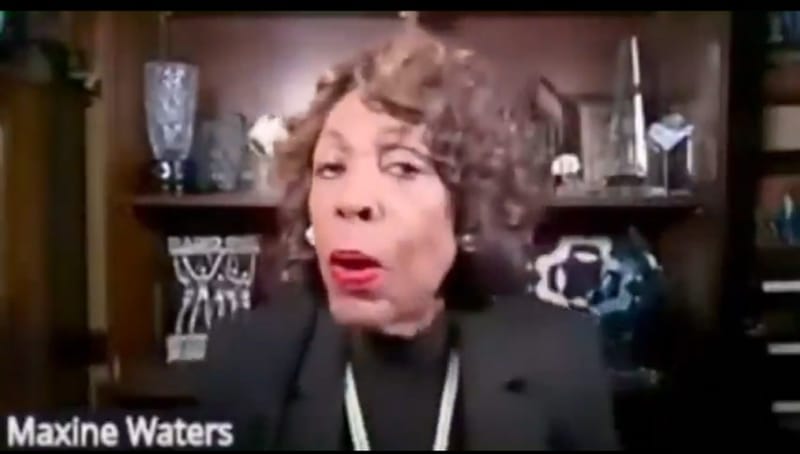Elon Musk and Citizens Criticize FEMA for Allegedly Blocking Starlink Aid and Hindering Hurricane Helene Relief Efforts
In the wake of Hurricane Helene, which devastated parts of North Carolina and other regions, reports have surfaced accusing the Federal Emergency Management Agency (FEMA) of not only failing in its response but actively obstructing relief efforts, particularly those involving Elon Musk's Starlink satellite internet service. These allegations
In the wake of Hurricane Helene, which devastated parts of North Carolina and other regions, reports have surfaced accusing the Federal Emergency Management Agency (FEMA) of not only failing in its response but actively obstructing relief efforts, particularly those involving Elon Musk's Starlink satellite internet service. These allegations have sparked a widespread debate on the efficiency and protocol of governmental aid during natural disasters.
Elon Musk, the CEO of SpaceX and owner of X Corp., has been vocal on X about the situation, stating, "SpaceX engineers are trying to deliver Starlink terminals & supplies to devastated areas in North Carolina right now and @FEMA is both failing to help AND won’t let others help. This is unconscionable!!" His posts have highlighted what he perceives as bureaucratic hurdles set by FEMA, preventing efficient distribution of Starlink systems, which are crucial for re-establishing communication in isolated disaster zones.
Just received this note from a SpaceX engineer helping on the ground in North Carolina. @FEMA is not merely failing to adequately help people in trouble, but is actively blocking citizens who try to help!
— Elon Musk (@elonmusk) October 4, 2024
“Hey Elon, update here on site of Asheville, NC. We have powered up two…
Citizens on the ground have echoed Musk's frustrations. A local resident from Asheville, North Carolina, shared, "We've seen volunteers with Starlink kits being turned away by FEMA officials, telling them they need 'clearance' or that they're not on some list. Meanwhile, people here are without basic communication, and it's infuriating." These firsthand accounts suggest a disconnect between the immediate needs of the community and the operational strategies of FEMA.
The contention around Starlink's deployment isn't just about the physical delivery of terminals but also about operational permissions. Musk mentioned in a post, "There are hundreds of reports of FEMA/FAA blocking flights. This literally just happened." This indicates broader issues with logistical support, where even the airspace restrictions are allegedly being used to hinder relief efforts.
SpaceX engineers are trying to deliver Starlink terminals & supplies to devastated areas in North Carolina right now and @FEMA is both failing to help AND won’t let others help. This is unconscionable!!
— Elon Musk (@elonmusk) October 4, 2024
They just took this video a few hours ago, where you can see the level of… pic.twitter.com/abpOsfNenF
FEMA's response has been to emphasize protocol and security, arguing that these measures are in place to ensure the safety and coordination of relief efforts. However, critics argue that this rigidity in the face of a crisis like Hurricane Helene, where time is of the essence, might be costing lives and certainly hampering recovery.
Musk, known for his direct communication style, posted, "We’re getting as many Starlinks as possible to areas affected by the hurricane," indicating SpaceX's commitment to aiding recovery. However, his updates also reveal frustration over bureaucratic red tape, "We are making a system update to allow all Starlinks in the affected areas to work, regardless of payment... Hopefully completed tonight. Tomorrow at the latest," suggesting an attempt to bypass some of these logistical issues through technological means.
Tim Kennedy on FEMA: 'They are directly interrupting our ability to conduct missions'
— Chief Nerd (@TheChiefNerd) October 4, 2024
"I went to put a couple of people into a hotel last night, and they have a security guard at the hotel and they said, 'Oh, we're so sorry. The entire hotel has been booked for federal… pic.twitter.com/CMpfigYSuF
The situation has not only raised questions about FEMA's operational effectiveness but also about the broader implications of governmental control over private sector aid in emergencies. "They just took this video a few hours ago," Musk commented alongside footage showing the aftermath of the hurricane, "where you can see the level of devastation. FEMA is not merely failing to adequately help people in trouble, but is actively blocking citizens who try to help!"
This narrative of obstruction isn't just confined to Starlink. Regular citizens and volunteers have reported being turned away or delayed when trying to deliver supplies or provide hands-on help. A volunteer from a local charity in North Carolina expressed, "We had a truckload of supplies ready to go, but we were told by FEMA personnel that we needed official clearance. By the time we got it, half of what we could have done was delayed."
🚨BREAKING: FEMA whistleblowers allege agency misappropriated funds amid Hurricane Helene disaster, withheld pre-disaster aid, and left first responders and service members waiting in hotels without deployment orders pic.twitter.com/HFSZS6CO1o
— Benny Johnson (@bennyjohnson) October 4, 2024
The allegations against FEMA, if substantiated, point towards a critical need for reform in how emergency responses are managed, particularly in integrating private sector initiatives and grassroots efforts. The debate on X and other social platforms has ignited a call for more transparency and flexibility in disaster response protocols.
As the situation unfolds, the spotlight remains on how agencies like FEMA can adapt to leverage technology like Starlink and the goodwill of private citizens for faster, more effective disaster relief. The ongoing dialogue between critics like Musk, affected citizens, and government bodies could lead to significant changes in how future disasters are handled, emphasizing collaboration over control.




